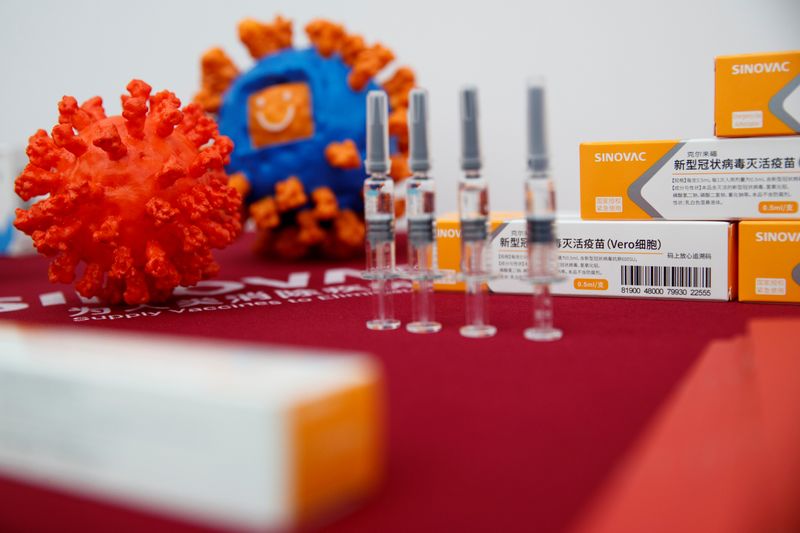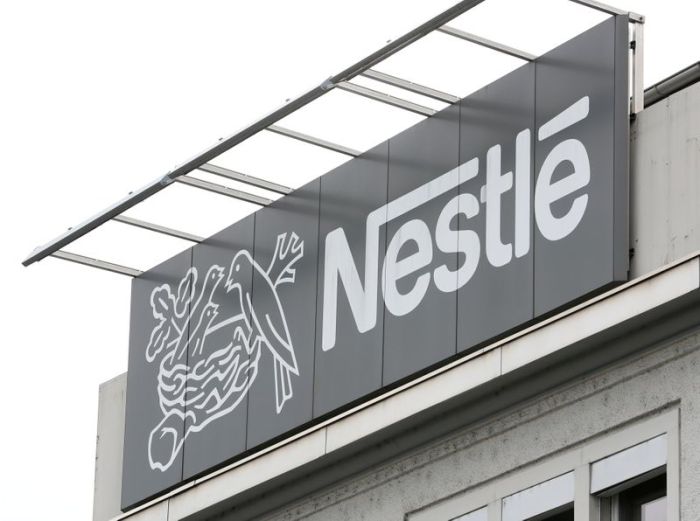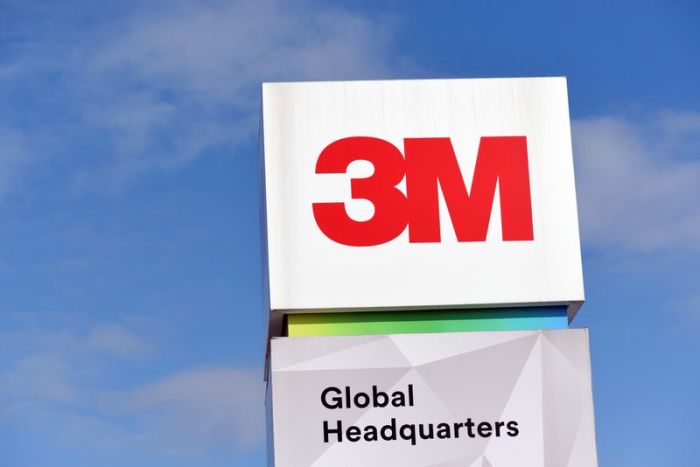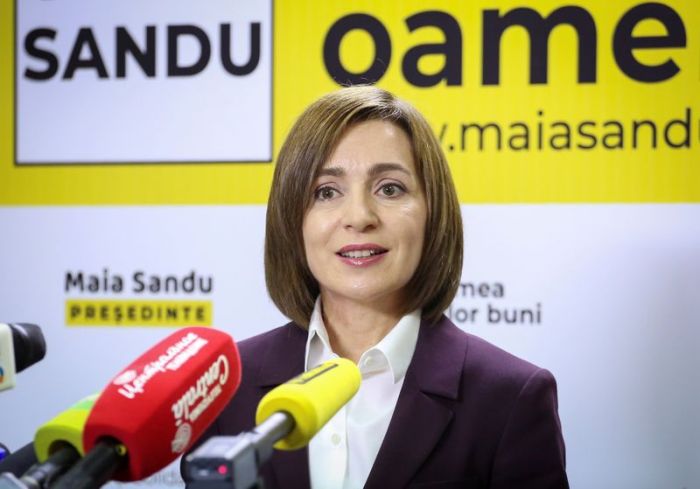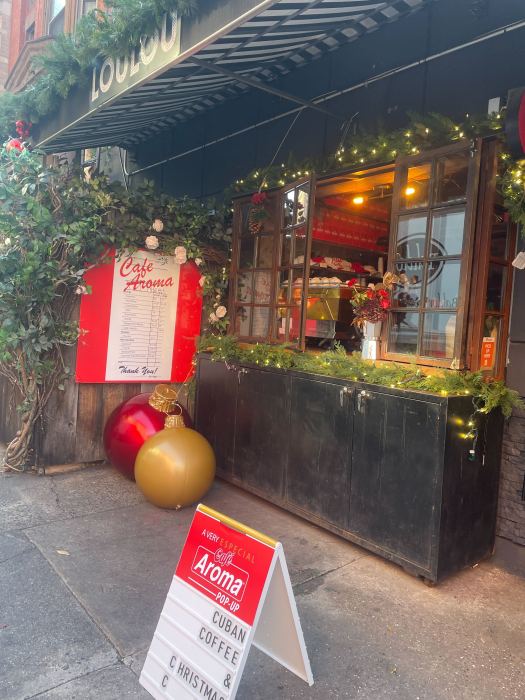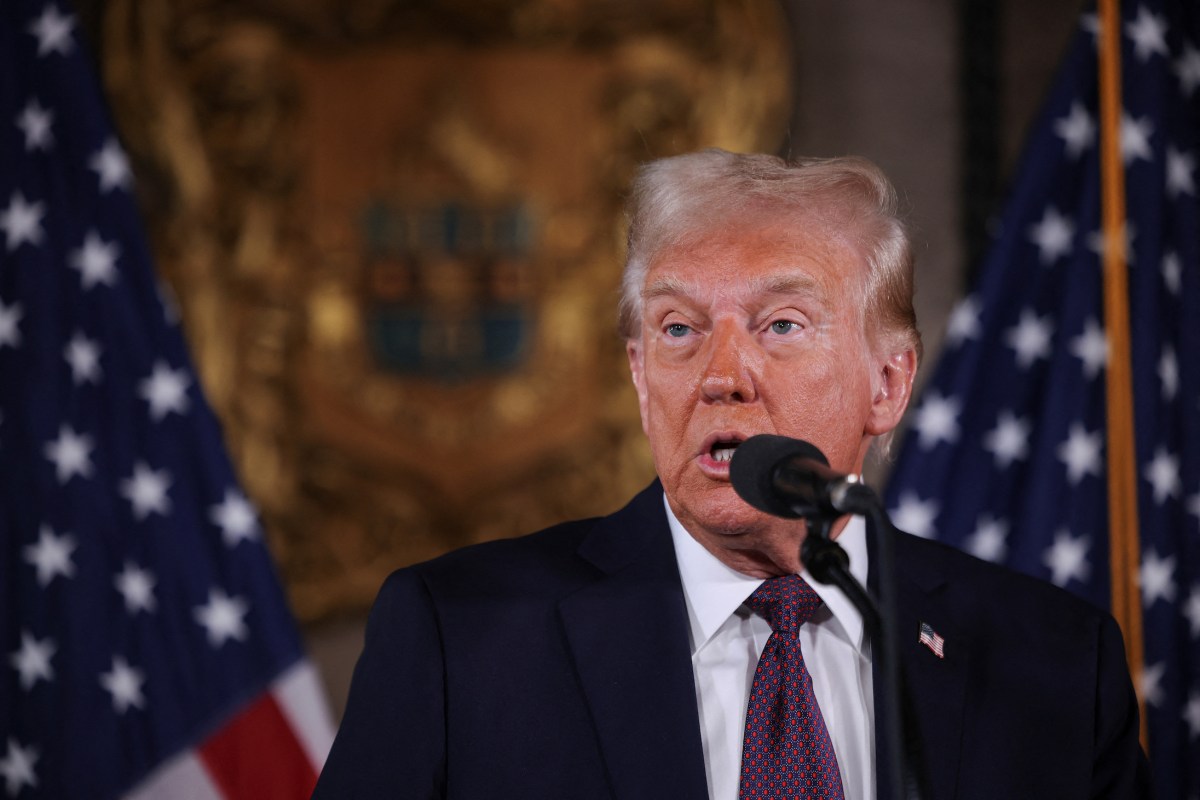SAO PAULO (Reuters) – São Paulo’s Butantan Institute biomedical center on Thursday received 1 million doses of a Chinese COVID-19 vaccine developed by Sinovac Biotech Ltd that is undergoing late-stage testing by the institute at 16 locations in Brazil.
The consignment of CoronaVac vaccine will be packaged and labeled at Butantan’s facilities pending regulatory approval. Butantan said it expected Sinovac to publish efficacy results from its vaccine trials by Dec. 15.
Brazil’s Senate later on Thursday approved a presidential decree that appropriates 2 billion reais ($388 million) to buy the vaccine being developed by AstraZeneca and Oxford University. The lower chamber did so on Wednesday.
The funds will go to the federal biomedical center Fiocruz to buy and later produce the British vaccine in Brazil.
São Paulo Governor João Doria told reporters that immunizations in his state would begin in January, which means the state would begin vaccinations ahead of the national plan, slated to start in March.
“We are not going to wait for March and we are not going to bury more Brazilians just to wait, when we could be saving more than 60 thousand lives as of January,” Doria said.
Earlier on Thursday, Doria had said the state would receive 6 million doses of the Chinese vaccine this month, with another 40 million doses by Jan. 15.
President Jair Bolsonaro, who many expect to be challenged by Doria in the 2022 presidential election, has long criticized the Sinovac vaccine.
Doria, meanwhile, has accused the Anvisa health regulatory agency of becoming overly politicized after a surprise suspension of the Sinovac trial due to the suicide of a volunteer. The trial was restarted but the president called the halt a “victory” for Bolsonaro.
The Health Ministry’s Vigilance Secretary Arnaldo Medeiros said the first batch of 15 million AstraZeneca vaccines will go to priority health workers, the elderly and indigenous people.
Asked if the federal government would buy from Sinovac, he said: “This ministry is interested in any vaccine registered by Anvisa that has shown itself to be effective and safe.”
($1 = 5.1515 reais)
(Reporting by Leonardo Benassatto; Editing by John Stonestreet, Bill Berkrot and Jonathan Oatis)

